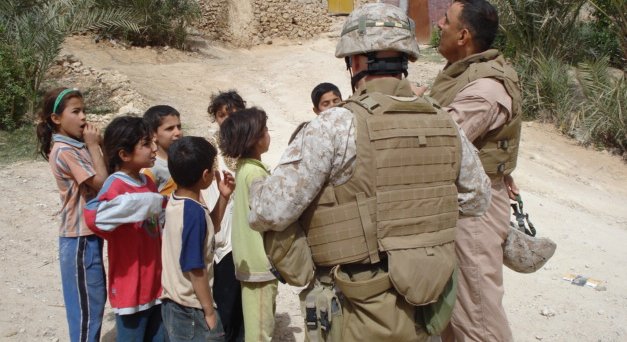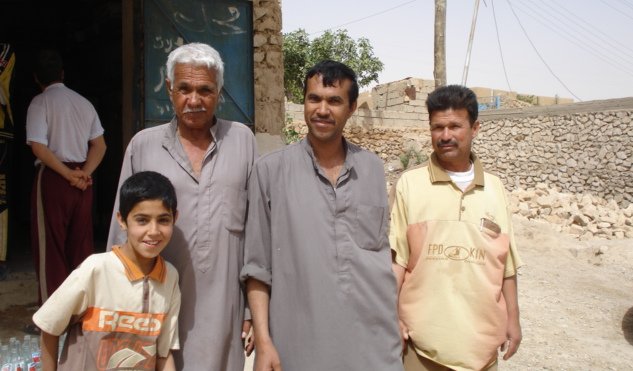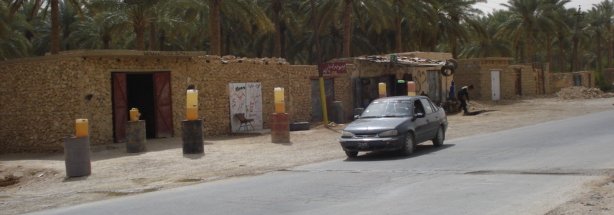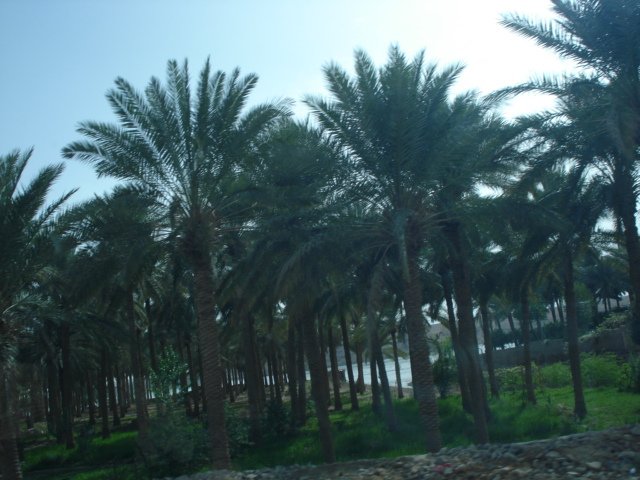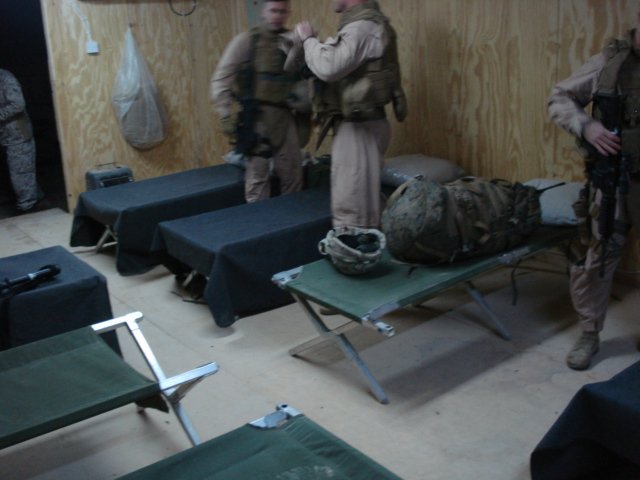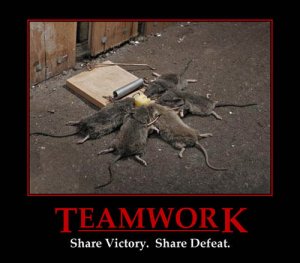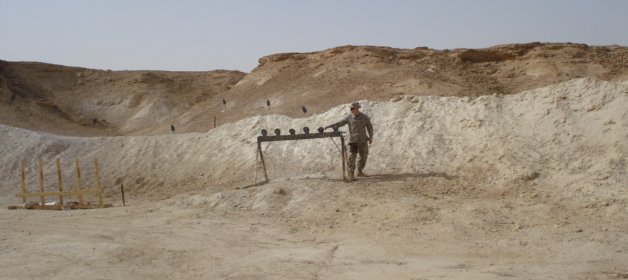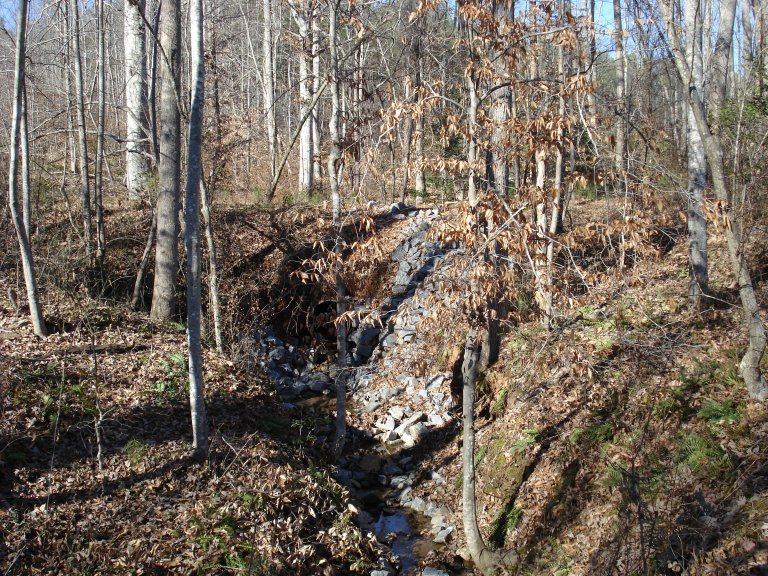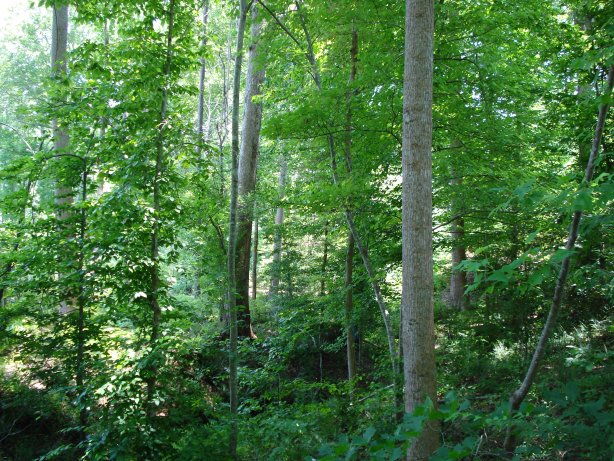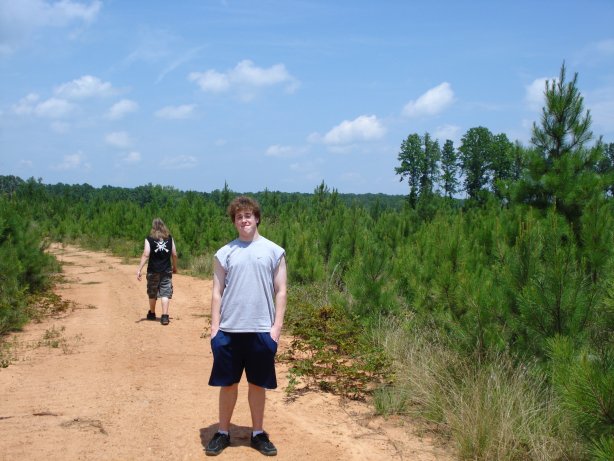In a previous post I described how my promotion ended up costing me thousands of dollars in overtime pay and that because of my promotion into the Senior Foreign Service I would make LESS money in 2008 than I would had I stayed an FS01. I took consolation in the fact the SFS is eligible for performance pay bonuses. I figured that my service in Iraq leading a PRT would probably deserve some of that. Wrong again.
The Senate approves promotions into the SFS. Usually they do this in November but this year the Senate acted slower than usual and didn’t get around to it until January. As a result of the late promotion, the State Department in its wisdom and following its rules that probably have never applied before did not include the normal pay raise in my promotion raise, so I lost a little money. But it got worse. Because the promotions came too late, I am not eligible for performance pay.
In other words, everything I have done in Iraq counts for nothing as far as the Foreign Service performance is concerned. I don’t want to complain. I did not come to Iraq for the career. But it is just one thing after another. Like most people, I appreciate recognition from my employer and I find it annoying that some of my most significant contributions as an FSO are like the tree falling in the woods with nobody around to hear it. Beyond that a significant part of SFS compensation is devoted to performance pay. It is supposed to encourage and reward good work. Not being eligible for this while serving in Iraq seems a little out of place.
And there is still another permutation in this nefarious spiral. SFS does not get the automatic annual pay raises like other Federal employees. Our raises are based on performance and those not recommended for performance pay are not eligible for the pay raises, which means in 2009 I will have taken a de-facto pay cut by whatever the rate of inflation is this year – all this because I got promoted last year. I love the honor of it, but price is getting higher.
“It feels sort like the fellow they run out of town on a rail. If it wasn’t for the honor of it, I’d just as soon walk,” to quote Abraham Lincoln.
Adding insult to injury, they sent that elegantly worded letter to the wrong place and it came back to them address unknown. I got a cryptic email asking for my home address. A few days later it arrived in Virginia.
Dear Mr. Matel,
With the President’s attestation of Senate confirmation, let me extend, on behalf of the Director General, warm congratulations on your promotion into the Senior Foreign Service.
I want to make sure you are aware that you will not be eligible for senior performance pay consideration by the 2008 selection boards, as fewer than 120 days – the threshold established by regulation – will have elapsed between the January 6 effective date of your promotion and the April 15 end of the 2007-2008 rating period.
I have long maintained that I serve the task not the master and I will certainly not let my frustration with FS personnel interfere with my responsibly to my country and my colleagues. This blog note will be the extent of my expression of anger and all of you are doing me the favor of listening to my ranting.Thank you. Tomorrow I will be back on task, but for the rest of this evening I am p*ssed off.

